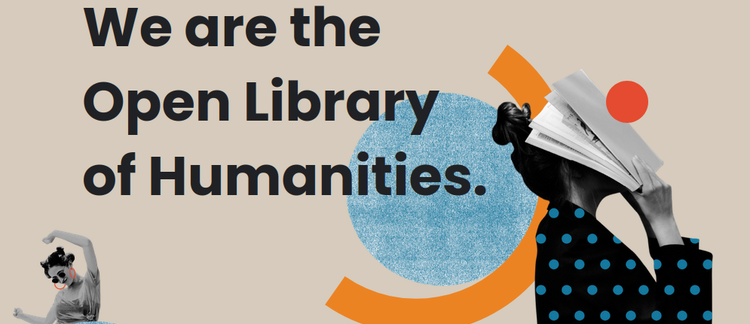An interview with OLH author Richard Hall on the Contemporary University
Posted by Martin Paul Eve on 25 November 2015



This interview with Richard Hall is part of a series of posts where we ask OLH authors to elaborate on their work and to think more broadly about its general uptake. This interview relates to Richard’s article published at the Open Library of Humanities journal: Hall, R., (2015). The University and the Secular Crisis. Open Library of Humanities. 1(1), p.e6. DOI: http://doi.org/10.16995/olh.15.
Tell us a little bit about yourself?
I work at De Montfort University in Leicester, UK, where I am the Head of Enhancing Learning through Technology (ELT), based in the Directorate of Library and Learning Services. I am also a UK National Teaching Fellow, and a Professor of Education and Technology. I founded the DMU Centre for Pedagogic Research, which is a self-critical scholarly community that aims to support the “Scholarly DMU Educator”.
My research interests include:
- the idea of the University and radical alternatives to it; and
- the place of co-operative practice in overcoming disruption in higher education, including peak oil and the impact of technology on climate change and energy sufficiency.
Outside the University I have been involved in a range of voluntary activities, including the following.
- I chaired the Walsall Supporters Trust to advocate for supporter participation in the governance of Walsall FC, between 1999-2009.
- I was a local authority Governor and Vice-Chair of Governors at a Primary School in Leicester from 2005-11.
- From 2007-11, I was a Trustee of the Birmingham Christmas Shelter.
- Since 2010 I have been involved in a range of oppositional or radical education projects. In particular, I am an original member of the Social Science Centre in Lincoln.
- I have been a member of the Universities and Colleges Union Committee at DMU since 2005.
- I am an Independent Visitor for a Looked-After Child in Leicester.
What would you like people to take away from your article and work?
At the core of the article is my unease about the purpose of the University. In particular, I question whether the University is able to contribute to a meaningful response to the triple crunch of crises, namely: the politics of austerity; climate change, including anthropogenic forcing; and peak oil. The triple crunch shapes a crisis of social reproduction or sociability, and my work questions whether the real subsumption of academic labour under the law of value enables the University to contribute to meaningful solutions at the level of society. Instead I argue for alternatives rooted in the common and the communal, and which enable the liberation of knowledge and practices from inside higher education into society at large. Although I fear that it is too late.
What led you to investigate the problems with Higher Education that you identify?
In my childhood I was involved in a range of environmental protests. However, being involved in a range of student and anti-austerity protests and oppositional movements post-2010 sharpened my focus on the University and social reproduction. Witnessing and being co-opted by the ways in which academic labour was being kettled and subsumed by the twin forces of financialisation and marketisation developed this position. As a result, my writing and my work outside the University has focused upon the idea of mass intellectuality and the abolition of academic labour, as part of a co-operative re-imagining of society. I argue that the market, or the State acting for the market, cannot be the sole arbiter for a range of political economic and socio-environmental crises. Through my work outside the University with alternative education projects and in my voluntary work, I have seen the importance of a range of communal practices based upon co-operative governance principles and solidarity. I am interested in whether and how these practices can refuse or push-back against the idea that there is no alternative to financialisation and marketisation.
Why do you think that this topic is important?
It is important to me because I have spent a lifetime inside higher education, working to liberate myself and to support others in (re-)making themselves. I see the horizon of possibility inside higher education closing, so that it is unclear what kind of world we are reproducing for those who follow. This is a world that is increasingly precarious and destabilised, and where the limits of what can be discussed and of the actions we can take appear to be imposed. This topic is important because the labour of students and academics forms an important node for resistance and for defining possible alternatives. A starting point is to critique the relationship between that labour, the University and society, in the face of the current political economic crisis.
What do you think needs to be done to further this work?
I would like to see two things emerge. First, more academic and student narratives about the realities of our daily existence inside the University, so that more points of solidarity emerge. Such points of solidarity are therapeutic. However, they also offer potential points for pushing back or for forms of exodus. Second, critical responses to the triple crunch need to be rooted in a broad politics of resistance that crosses the boundaries of the University, so that student and trades unions inside can work with progressive groups outside. One further outcome of this work might be to shape a movement for a co-operative form of higher education.
Richard is a trustee of the Open Library of Humanities.
